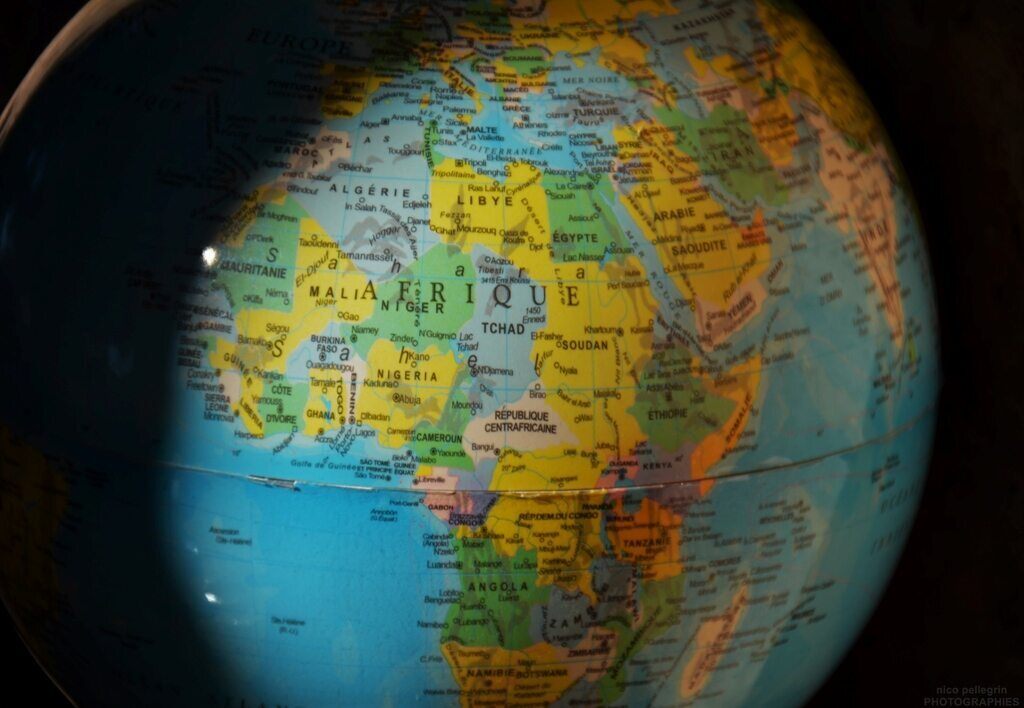|
Getting your Trinity Audio player ready...
|

On July 29, the Earth had broken its record for the shortest day it’s had as it completed a full rotation in 1.59 milliseconds. That’s less than its standard 24-hour rotation.
According to the Independent, an online British Newspaper, the planet has been increasing its own speed. Back in 2020, the Earth had seen its shortest month that has ever been written down since the 1960s. On July 19 of that year, the shortest of all time was measured. It was 1.47 milliseconds shorter than that of a typical 24-hour day. The year after that, shows the planet continued to spin at an increased rate, but it did not break any records. Although, according to Interesting Engineering (IE), it is possible 50-year phase of shorter days may be starting. The cause of the contradictory speed of Earth’s spin will and still be unknown. However, scientists hypothesize that this could be because of undertaking in the inner or outer layers of the tides, core, oceans, or even changes in the climate.
So the world might be speeding up. Over the lengthy term — the geological timescales flatten the rise and plummet of the dinosaurs in the blink of an eye. The planet is actually spinning slower than it used to. Let’s go back to about 1.4 billion years when a day would pass by in less than 19 hours. Back then the Earth days were actually getting longer, by about one 74,000th of a second each coming year. The moon is most likely to blame for these effects. The gravitational tug slightly distorts Earth, creating tidal friction that steadily slows the planet’s rotation.
This is Affecting Our Time

To keep clocks and time in line with the planet’s spin, the International Telecommunication Union, or ITU known as a United Nations body, has taken to adding infrequent leap seconds in June or December. The most recent was back in 2016, with the effective stopping of the clocks for at least one second so that the Earth can catch up. In 1972, the first leap second was added. The next opportunity will be in December of 2022, although with the planet spinning so fast as of late, it is unlikely to be needed.
However, the negative impact of the leap second would have potentially confusing reverberations for computers, communications systems, and cell phones.
Some believe the leap second mainly benefits astronomers and scientists but that it can and is a “risky practice that does more harm than good. This is because the clock would go from 23:59:59 to 23:59:60 before resetting back to 00:00:00. A time jump like this can cause crash programs and corrupt data due to the timestamps on the data storage. Meta also noted that if a negative leap second occurs, the time changes from 23:59:58 to 00:00:00; potentially have a communication effect on the software depending on the timers and schedulers. According to IE, to solve this, international timekeepers believe they may need to add a negative leap second — a “drop second.”
How would all these very different processes come together to affect the length of a day, is a question most scientists are still wrestling with. However, if this trend of shorter days continues on for too long, it could lead to the world’s first negative leap second. Meaning they wouldn’t add a second to the clocks, civil time would skip a second so the timekeepers could keep up with the faster-spinning planet. That could have its own consequences, or at least spark the debate over whether, after more than 5,000 years, defining time by the movement of Earth is an idea that has had its time.
Written by Zaylah De La Torre
Edited by Sheena Robertson
Sources:
NDTV: Earth Completes Rotation In Less Than 24-Hours, Smashes Record Again For Shortest Day by Bhavya Sukheja
The Guardian: Oh my days! Midnight comes a fraction sooner as Earth spins faster by Ian SampleTop
Feature Image Courtesy of nico pellegrin‘s Flickr Page – Creative Commons License
Image Courtesy of becosky…’s Flickr Page – Creative Commons License



